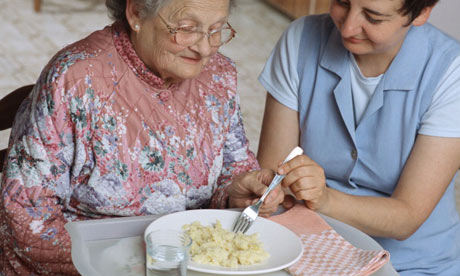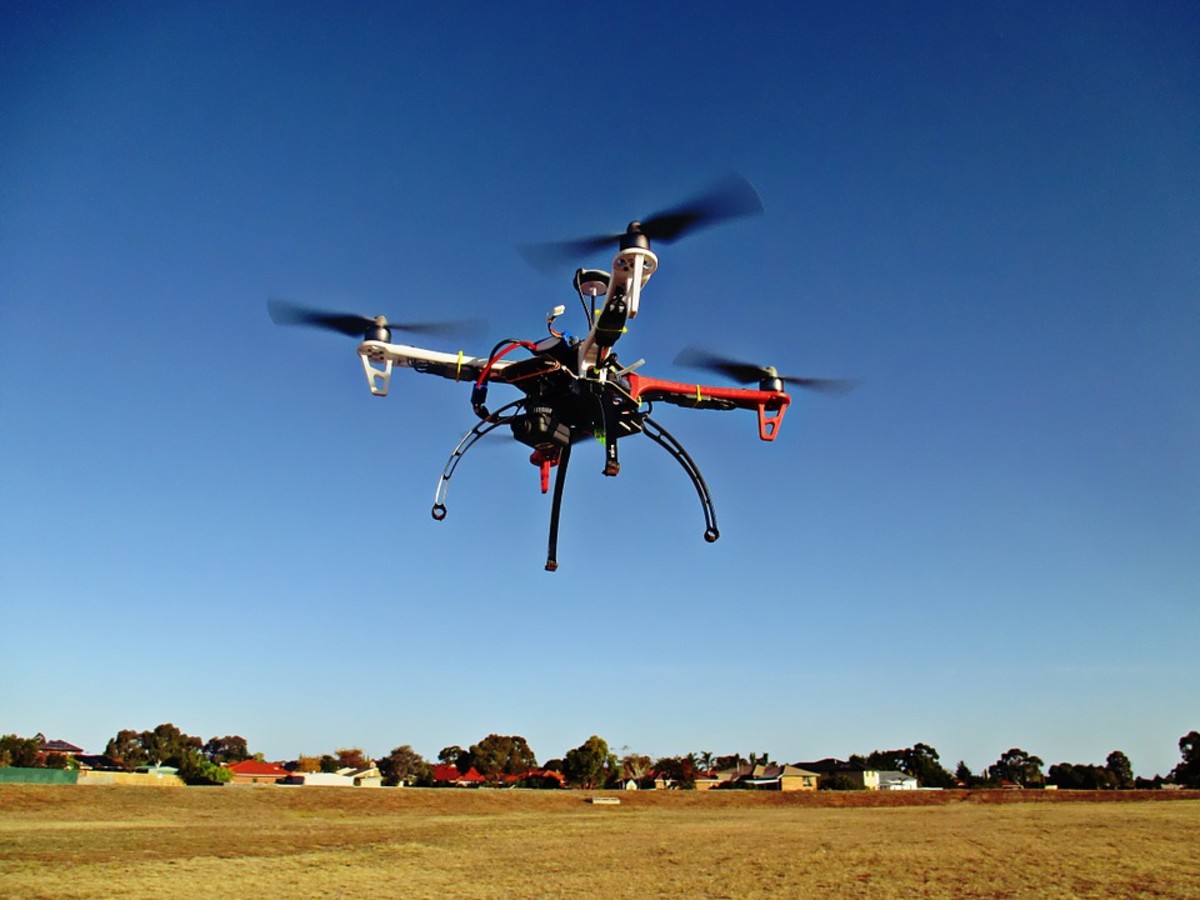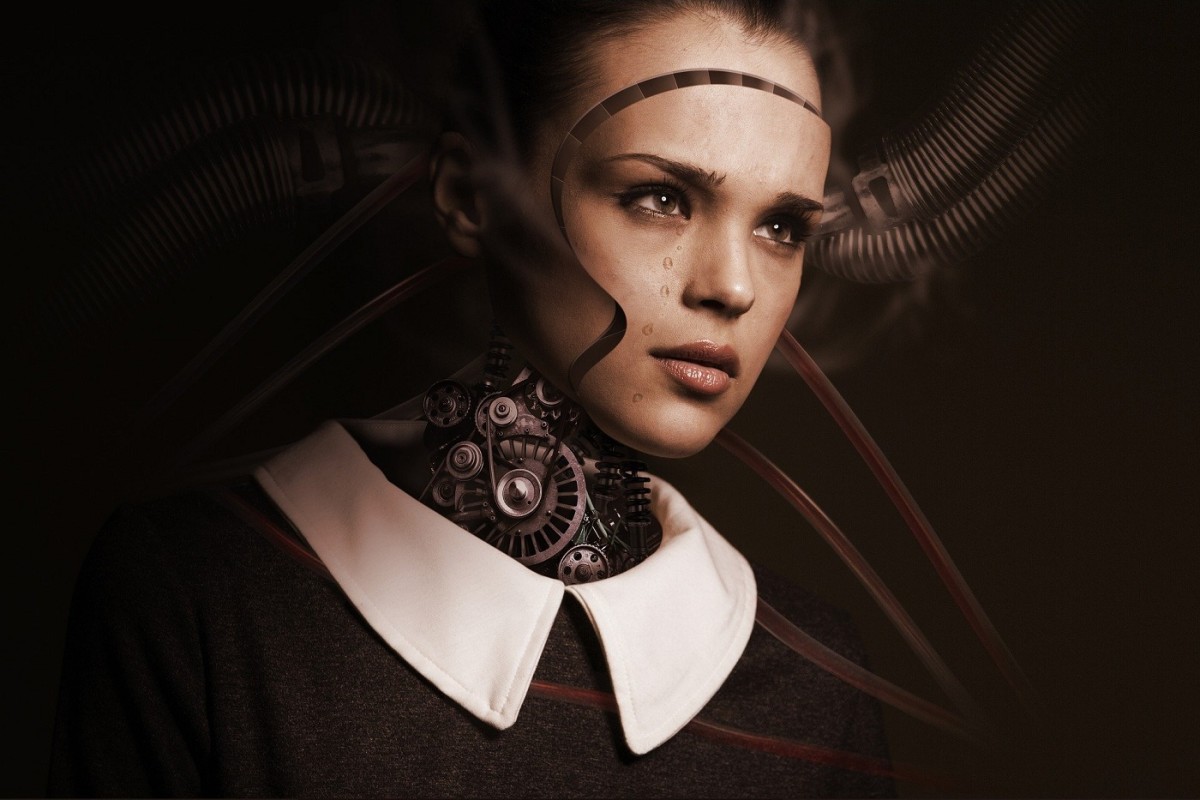Robotic Care-givers modern day Technology Invention. "Pros and Cons"

Robotic Care-givers
I recently became aware of Robotic Care-givers only when I saw the final writing assignment for the Technology and Ethics course I am presently doing. I immediately goggled and you-tube this to see what information I can get on this Robotic care giver, how does it operate , what it can't and cannot do, if it has been tested as yet and what are people's reaction to it. Do they like it or have they shown their pessimistic side towards it. Are people concerned about losing their jobs especially in the health service area if these robotic care-givers replace human labor? I was pretty much astonished by this new invention, having never seen or heard of it before. I think it's a brilliant idea whoever taught of it thumbs up, although it is pretty cool, there are pros and cons to this new innovative technological concept. So now that I am aware of what it is, I will be more than delighted to share my thoughts with you as to what I really think of robotic caregivers. As we look into it from a wider scale, I can more embark upon the pros and cons of robotic- care-givers

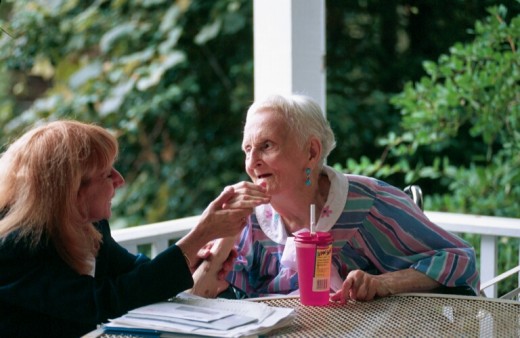

Analysis Impact
Pros of Robotic Caregivers
- Individuals can live more independently rather than if they had a human care-giver. This independence stems from not having to wake, eat or bathe on routine times, because if a human care giver is taking care of an elderly most likely they will have a time management plan. If this caregiver is being paid to work 8:00 am – 5:00 pm. More than likely when they arrive at work they will have a specific time set out for that individual they are taking care of to eat, bathe, take a rest, watch television etc. As opposed to if there's a Robotic Care-giver in the home that individual can sleep later if he or she wants to ,as they have control over what functions they would like the Robot to perform for them thus having a greater sense of independence being on their own without another human controlling them.

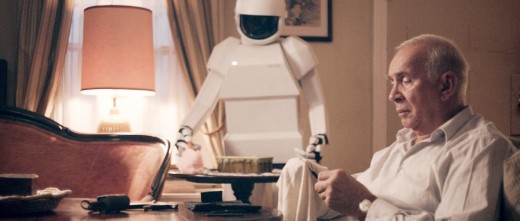
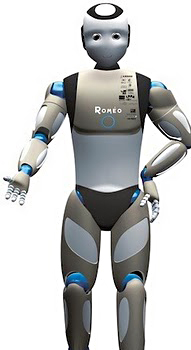

- No incidence of abuse from “Human Caregivers” as we all know or have heard of incidences where the elderly has been or is being abused by their human-caregiver. Some of these elderly people have issues one of them is they don't like anyone having dominance over them. It makes them feel belittled especially if they were very independent before, they got sick and unable to take care of themselves. The caregivers on the other hand may lack patience and understanding on how to cope or deal with problems such as a miserable elderly person, and in order to subdue the individual after reaching a level of frustration. The care-giver may find it necessary to reprimand the individual with a few slaps or shed a beating. Whereas with this new Robotic care-giver it cannot harm the individual as it can only do what it has been programmed to do.
- A Onetime payment for the robot with a low monthly installment as opposed to a paying more money to a “real caregiver”. As we speak, in today's world many thousands of human are being born around the world at this time. This means the population is expanding rapidly; people are getting older and such like. Around the globe our economy is rapidly failing, there aren't enough jobs to sustain families, so people are looking for the cheaper way out. Robotic care-givers are one of those ways where families or elderly people can cut cost to their expenditure. If they invest in this onetime payment for this robot which cost approximately $6000 US or so with a very low monthly installment for the monitoring of the device. It can and will obviously cut cost in their monthly budget. As opposed to, having to pay a “Human Care-giver” every month a stipulated salary which obviously will be higher than the low monthly installment for the robot.




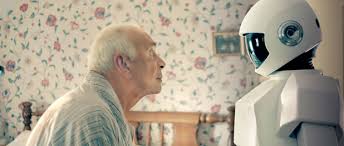
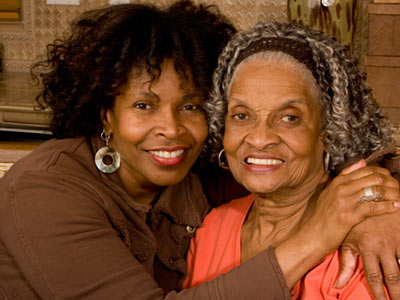

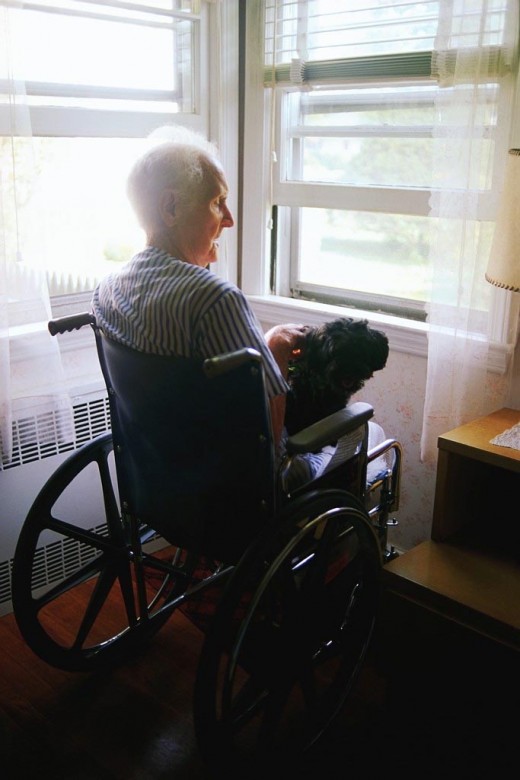
Cons of Robotic Caregivers
- Loss of employment for human care-givers providers a lot of people around the world are already job-less or being grossly under paid. With this new technology invention of the robotic care-givers it can have a great impact on loss of employment. It will be like taking bread from someone’s mouth (leaving them hungry/wanting) because certainly if we have these robots replacing the human labor then eventually we will have no need for “Human caregivers” if most countries succumb to this new innovative idea. Thus far this product hasn't reached many countries as they are still trying it out. So far six homes in Europe “Sweden, Spain and Italy” actually live with these Giraff + systems in their homes, said (Amy Loutfi Project coordinator of the Robotic caregivers).
- Lack of emotional support and encouragement that comes from real people. Robots are programmed they are not humans and therefore cannot show any real emotion or feelings to their owner. So when they take the place of a real human care-giver automatically the individual who once was taken care of by a human being misses some things such as : the need to feel loved, appreciated, someone to interact with who has feelings who can respond to them in a human like manner. These traits will certainly be lacking with a robotic-caregiver and can cause that individual to suffer from emotional depression.
- Loss of life or limb in the unlikely event of product malfunction. There are all different size, and shapes of people, I am afraid that a robot will not be able to lift a individual of a certain weight to move from let’s say a bed to his or her wheel chair. In cases where limbs might be weak or the person is very helpless and fully dependent on a robot what would happen in situations if their weight is too heavy or the robotic care-giver malfunctions? The individual can be damaged if left to fall and life can be lost depending on the incident. How long would it take for help to arrive to these individuals? Is there something in place for situations like these.
Thanks much for reading i trust that you've learnt something or this has peaked your interest. Have a wonderful day, please do not miss the video below :)
Written by: Abigail Chandler
Copyright © 2014
All rights Reserved
